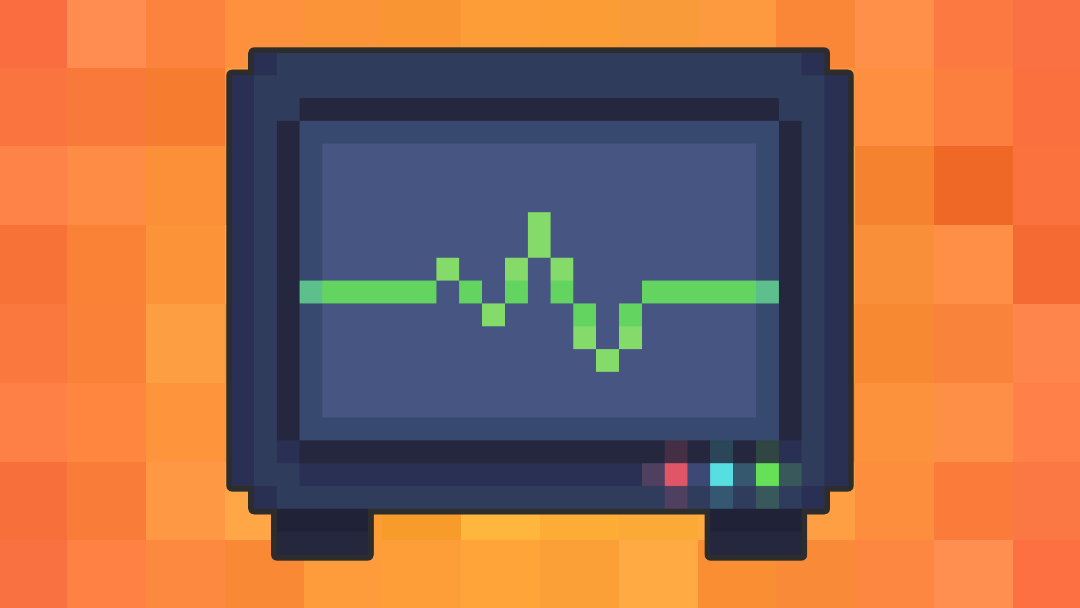If you'd like to support us, check out our awesome products:
- 📖 Geeky Medics OSCE Book
- ⚡ Geeky Medics Bundles
- ✨ 1300+ OSCE Stations
- ✅ OSCE Checklist PDF Booklet
- 🧠 UKMLA AKT Question Bank
- 💊 PSA Question Bank
- 💉 Clinical Skills App
- 🗂️ Flashcard Collections | OSCE, Medicine, Surgery, Anatomy
- 💬 SCA Cases for MRCGP
To be the first to know about our latest videos subscribe to our YouTube channel 🙌
In clinical practice, you’ll be asked to interpret ECGs regularly. It’s really important to understand how to read an ECG effectively. If you want to learn more about ECGs, you can check out our ECG guides.
Are you learning to interpret ECGs? Check out our ECG Case Bank, containing over 75 real-life ECGs with step-by-step interpretations and detailed explanations ✨




